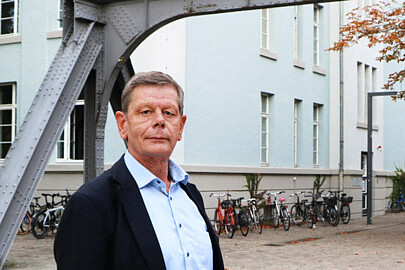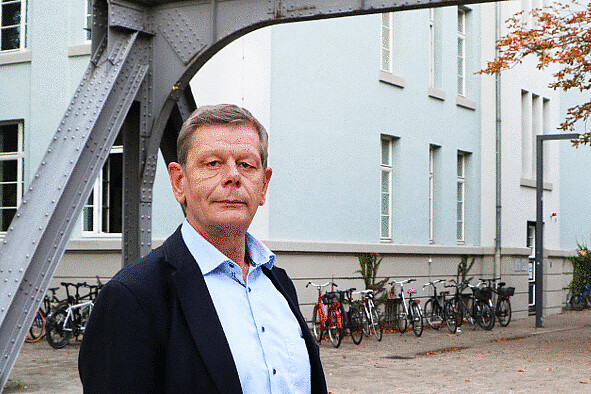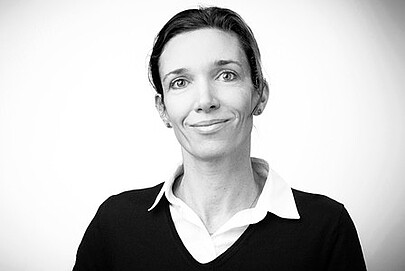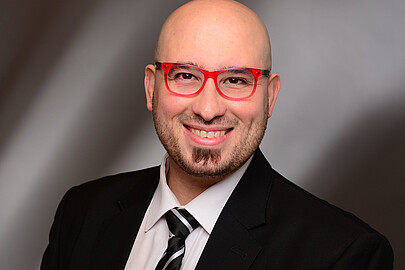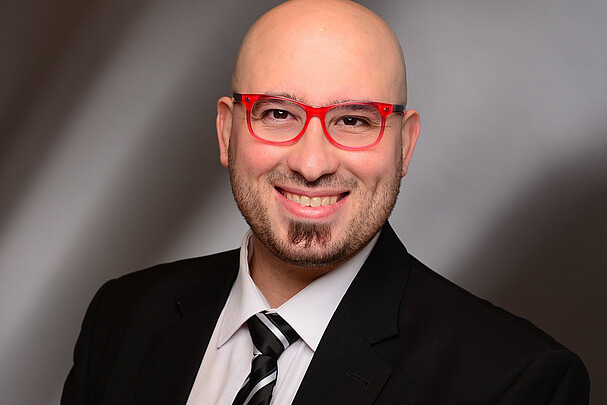Raise your skills in computational methods on a new level to solve real-world challenges in Engineering: The study programme on computational engineering started at Leibniz University Hannover in 2001, motivated from the broad research activities in that field. We recognized the need for specific training in that field to educate young professionals who are competent to perform sophisticated modelling tasks and judge the results from those computations.
What is Computational Methods in Engineering?
Nowadays, powerful commercial codes are available in almost every discipline and in industrial usage. Young professionals must be trained for related modeling techniques and judgement of computational results. In addition, the development of new sophisticated computational methods is currently under research. This will enable much more detailed modeling of processes in engineering which would consider multiple length-scales, multi-physic interactions, huge structures and systems, and long term predictions considering random effects and similar parameters.
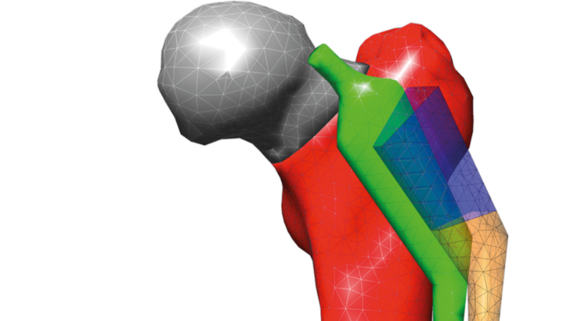
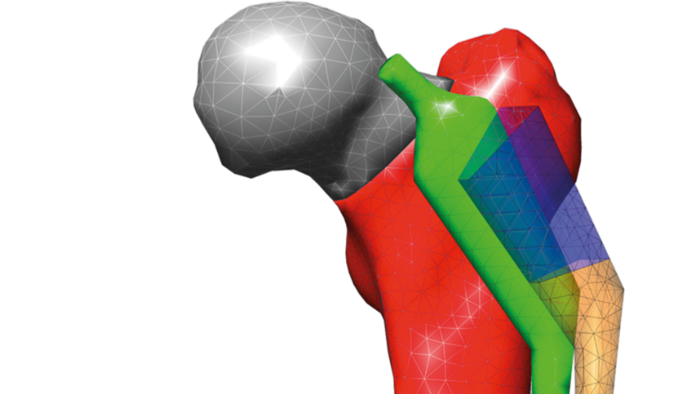
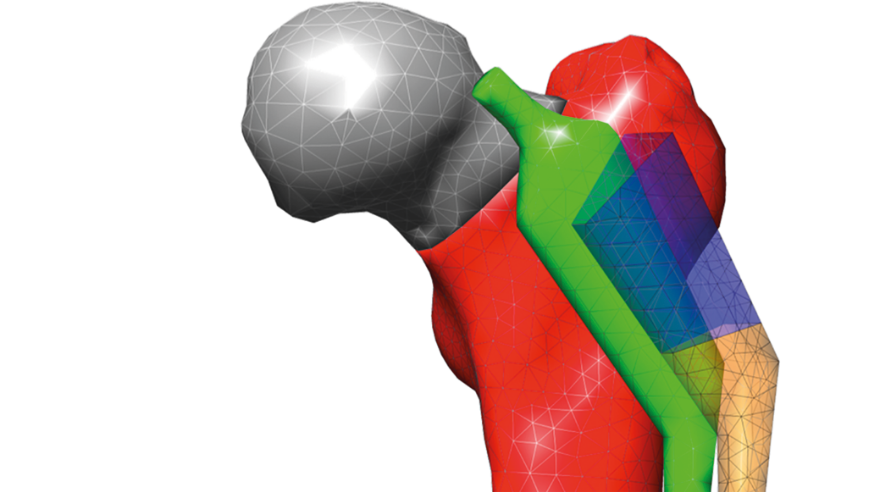
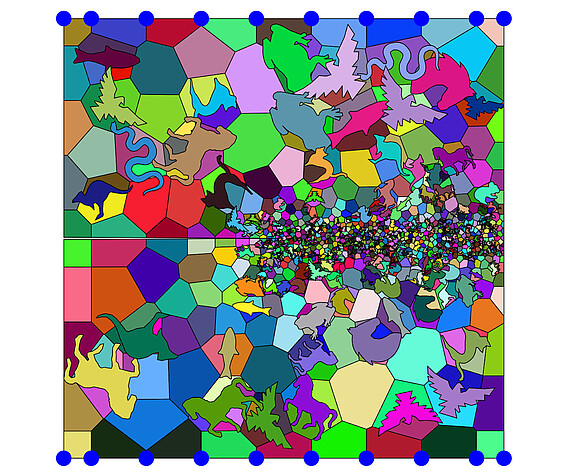
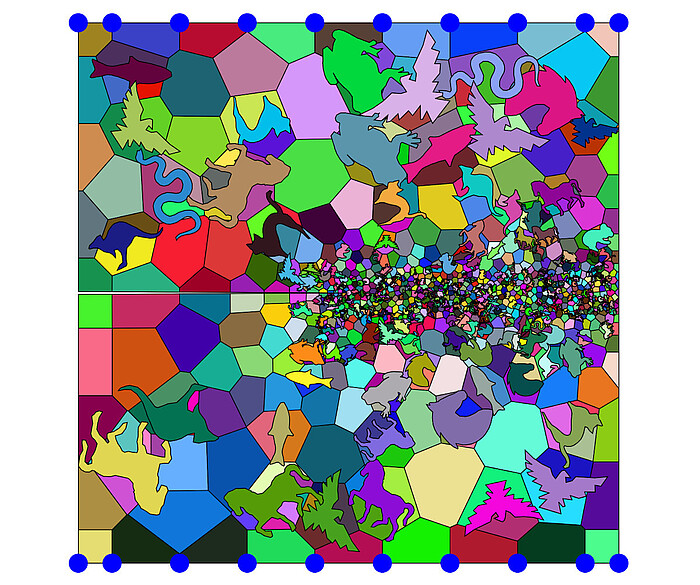
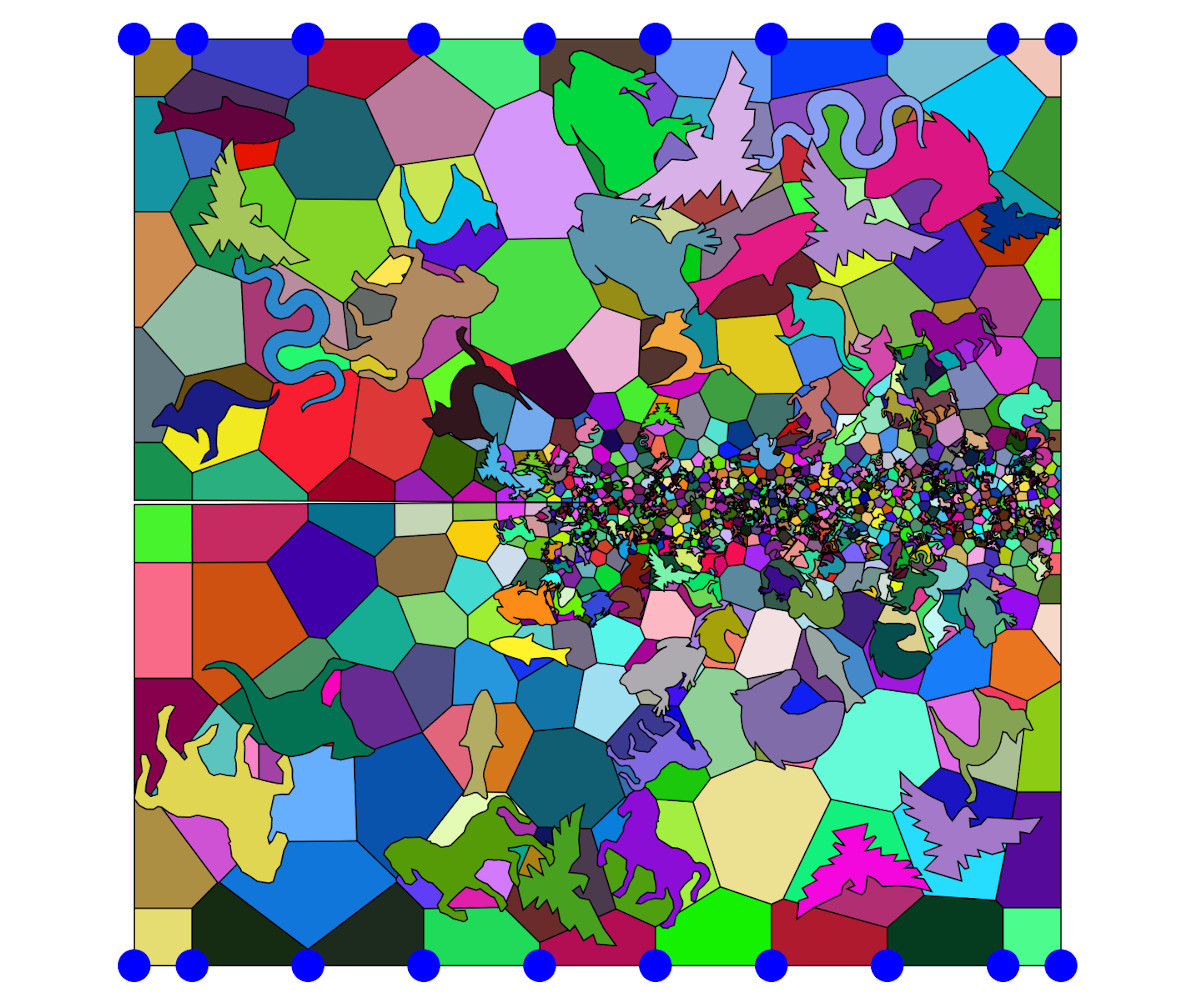
Modern Element Technologies
Many different approaches exist for the approximate solution of problems involving partial differential equations. These include finite difference schemes, finite elements, finite volume techniques, boundary elements, and particle methods, just to name some of the most prominent discretization techniques. Within these methods there exist various significant developments.
While the finite element method FEM is well established as a tool to handle problems in nonlinear solid mechanics, it is nevertheless of interest to explore new methods (e.g. Virtual Element Method VEM) that have potential advantages such as flexibility with regard to mesh generation and choice of element shapes.
Multi-scale and Multi-physics modeling and simulations of materials and structures
Ever wondered why things break? Let's explore!
This Master's programme focuses on advanced multi-scale, multi-physics modeling and simulations methods and technologies for solving real-world challenges. We will explore how different levels of detail and various physical factors combine to understand inelastic behavior across scales.



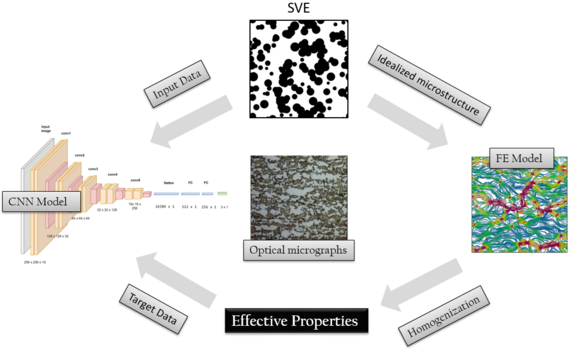
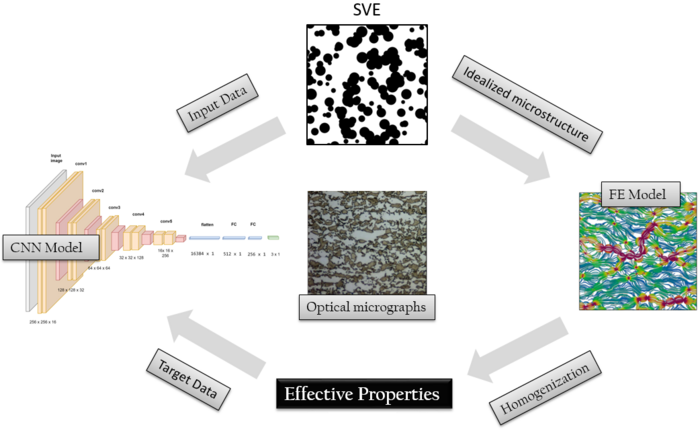
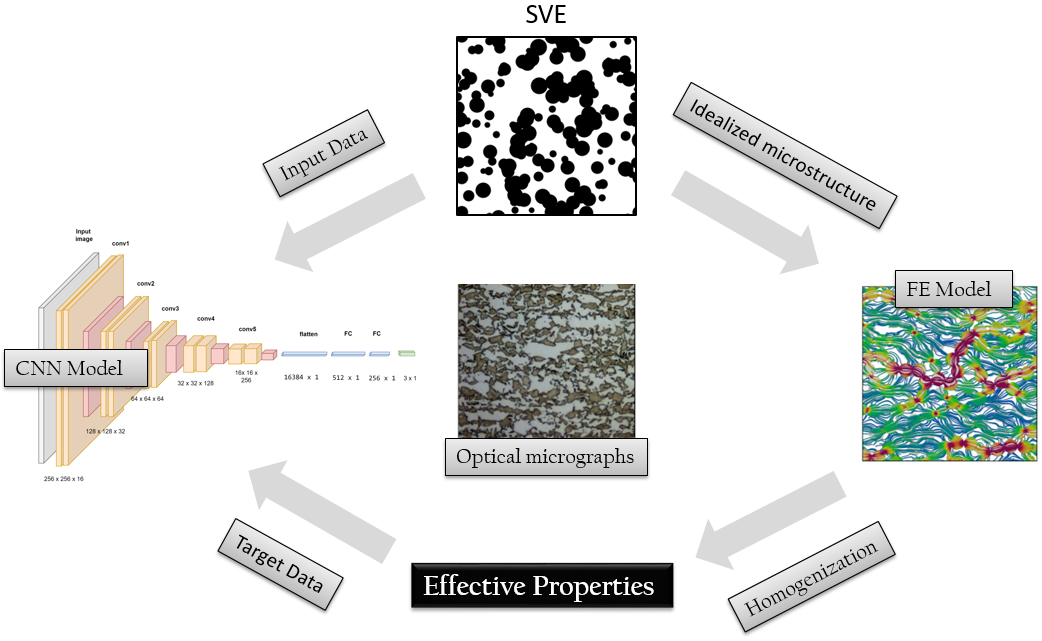
Machine Learning for Material and Structural Mechanics
Artificial neural networks (ANN) have gained significant popularity in recent years for many applications in engineering science. Of particular interest are applications related to material and structural mechanics. These include, among others, solving partial differential equations PDEs, material modeling, structural optimization, pattern recognition and real-time simulation.
Use Machine Learning for the solution of PDEs and write your own Machine Learning code! Predict material and structural properties using physics-informed Deep Neural Networks and employ geometric learning via Convolutional Neural Networks for computational mechanics.
What do I learn during the studies?
- The master's degree programme is a two-year accredited graduate course
- First and second semesters: compulsory modules related to sophisticated skills in Computational Engineering, elective modules
- Third semester: possibility to go abroad or do an internship within the industry or at a university abroad
- Academic paper: master's thesis (fourth semester), interdisciplinary project (second or third semester)
Graduates ...
- will be proficient in methods dealing with mathematics and information technology, as well as engineering modelling of simulation methods widely used in the industry
- will be self aware of the social, economical, and ecological significance and risks of the analysis they make.
- understand the current state of art in science and, on this basis, will develop the ability to analyse specific problems according to scientific methods. Economical practice and transdisciplinary team work will be covered of course.
- learn to apply and deepen their previously acquired theoretical knowledge in engineering tasks on complex problems in practice.
Teaching Language
All compulsory modules are held in English. Elective modules are held in English and German. Applicants must provide proof of English C1 level and German A1 level (information on language certificates).
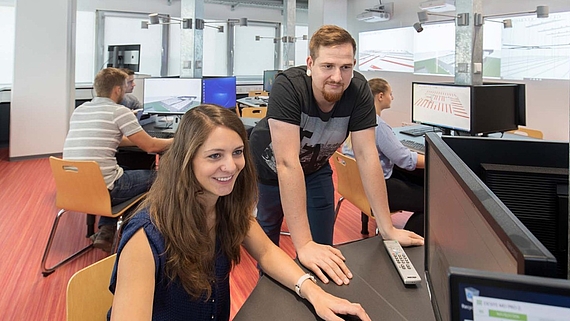
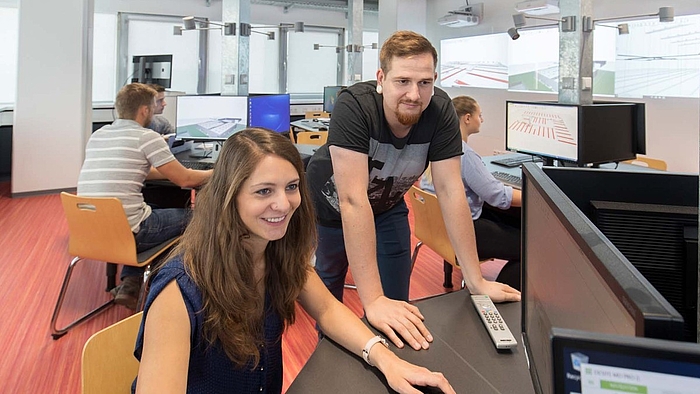
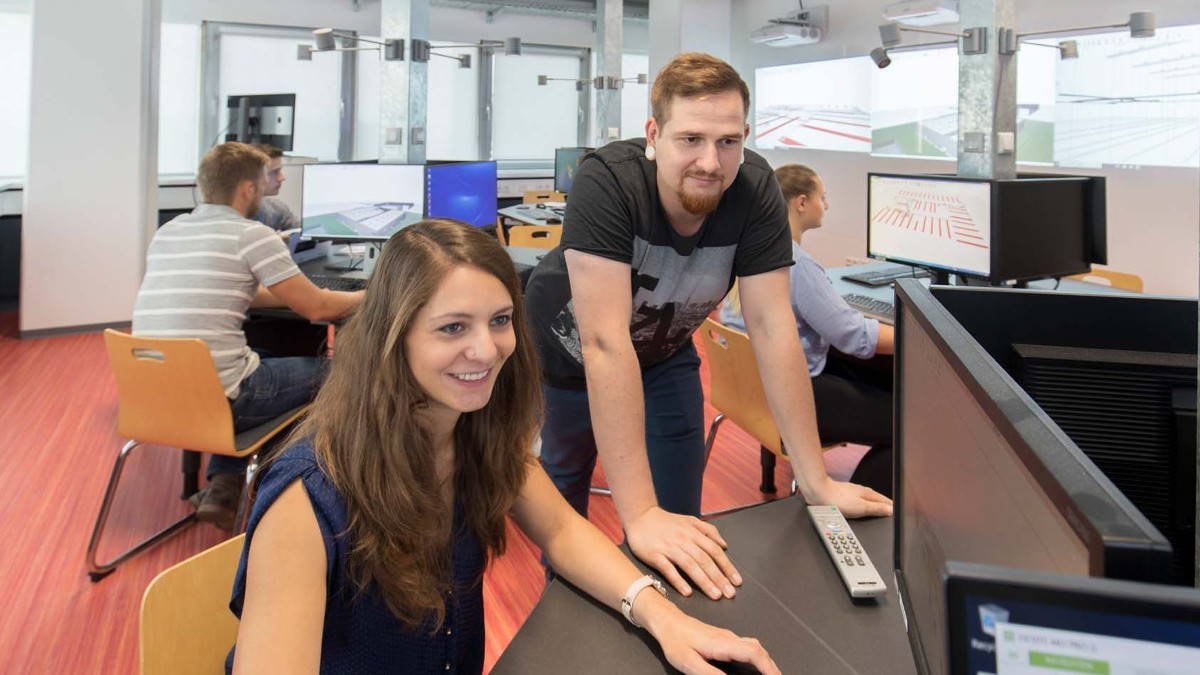 ©
FBG/C.Bierwagen
©
FBG/C.Bierwagen
Your Teachers
-
Prof. Nackenhorst, Course Adviser
![photo of Prof. Dr.-Ing. Udo Nackenhorst]()
![photo of Prof. Dr.-Ing. Udo Nackenhorst]() Prof. Dr.-Ing. Udo NackenhorstPhoneAddressAppelstraße 11/11a
Prof. Dr.-Ing. Udo NackenhorstPhoneAddressAppelstraße 11/11a
30167 HannoverBuildingRoom![photo of Prof. Dr.-Ing. Udo Nackenhorst]()
![photo of Prof. Dr.-Ing. Udo Nackenhorst]() Prof. Dr.-Ing. Udo NackenhorstPhone
Prof. Dr.-Ing. Udo NackenhorstPhone -
Prof. Beer
![]() Prof. Dr.-Ing. Michael BeerPhoneFaxEmailAddressCallinstraße 34
Prof. Dr.-Ing. Michael BeerPhoneFaxEmailAddressCallinstraße 34
30167 HannoverBuildingRoom![]() Prof. Dr.-Ing. Michael BeerPhoneFaxEmail
Prof. Dr.-Ing. Michael BeerPhoneFaxEmail -
Prof. Neuweiler
![]()
![]() Prof. Dr. sc. nat. ETH Insa NeuweilerPhoneFaxAddressAppelstraße 9a
Prof. Dr. sc. nat. ETH Insa NeuweilerPhoneFaxAddressAppelstraße 9a
30167 HannoverBuildingRoom![]()
![]() Prof. Dr. sc. nat. ETH Insa NeuweilerPhoneFax
Prof. Dr. sc. nat. ETH Insa NeuweilerPhoneFax -
Prof. Aldakheel
![Photo of Prof. Fadi Aldakheel]()
![Photo of Prof. Fadi Aldakheel]() Prof. Dr.-Ing. habil. Fadi AldakheelPhoneAddressAppelstraße 9a
Prof. Dr.-Ing. habil. Fadi AldakheelPhoneAddressAppelstraße 9a
30167 HannoverBuildingRoom![Photo of Prof. Fadi Aldakheel]()
![Photo of Prof. Fadi Aldakheel]() Prof. Dr.-Ing. habil. Fadi AldakheelPhone
Prof. Dr.-Ing. habil. Fadi AldakheelPhone -
Dr. Broggi
![]()
![]() Dr. techn. Matteo BroggiPhoneWebAddressCallinstraße 34
Dr. techn. Matteo BroggiPhoneWebAddressCallinstraße 34
30167 HannoverBuildingRoom![]()
![]() Dr. techn. Matteo Broggi
Dr. techn. Matteo Broggi
From a student's perspective
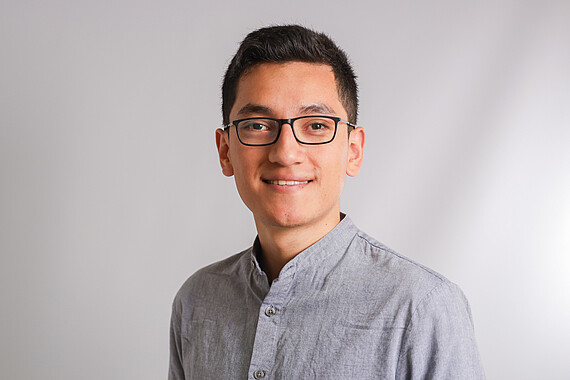
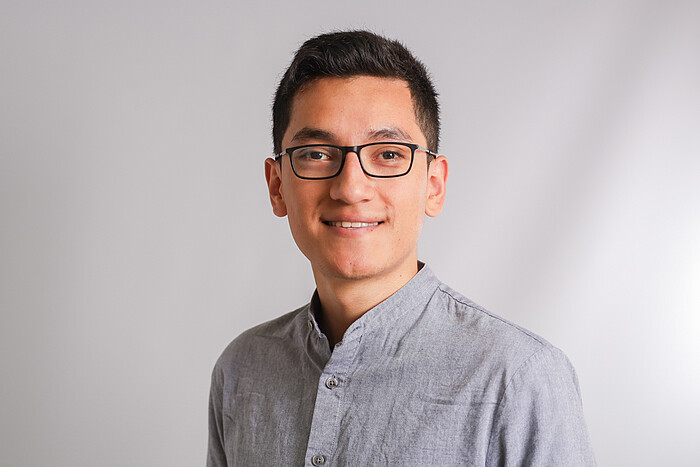
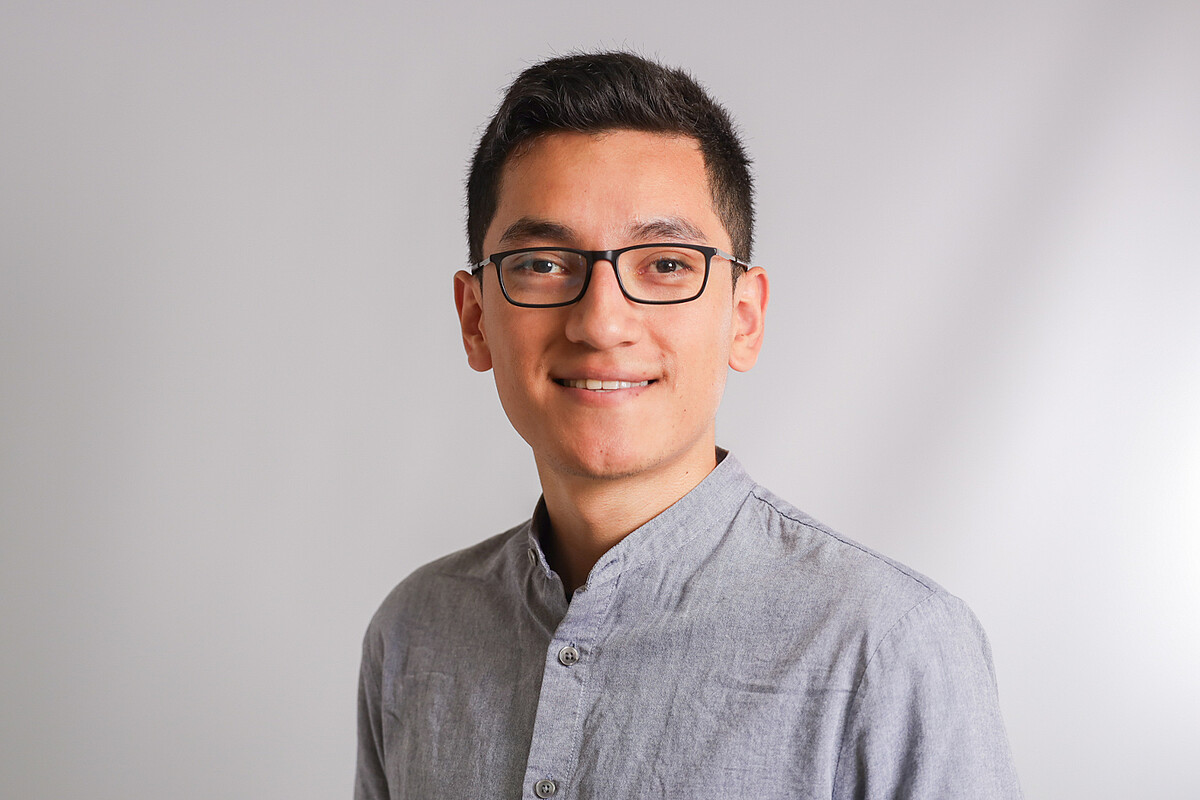
Raul Acuna, CME student (2024)
"From my perspective, the master's degree offers a unique curriculum that encompasses a diverse range of academic topics regarding simulation in engineering and at the same time provides with a high-quality learning experience from a respected institution and experienced scientists in their respective fields."
-
read more about Raul's experience
As a foreign student, the diversity and flexibility has enabled me to gain valuable firsthand experience within the industry in Germany. During my second year I completed an internship and additionally wrote a master thesis at Continental AG in the Research & Development Department. I had the chance to work and apply the tools acquired while exploring advanced topics at the company, such as the study of the properties of rubber and its abrasion process under controlled conditions at a laboratory.
Now I believe I have the opportunity to explore various roles, ranging within industries such as aerospace engineering, biomedical engineering, material science as well as further research opportunities, among many others. Overall, I am genuinely satisfied with what I have learned during my studies and the support from the professors and faculty. So that now with great confidence I am thrilled to further apply my gained skills and experience within the industry.
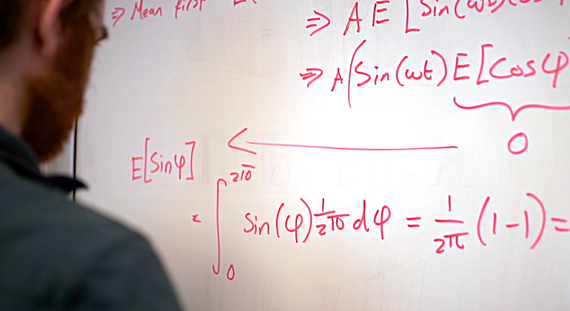
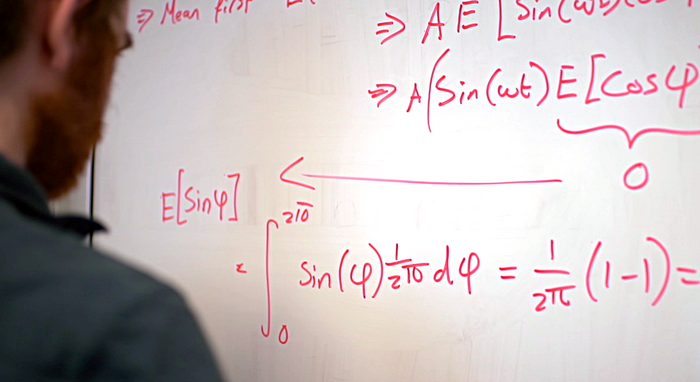
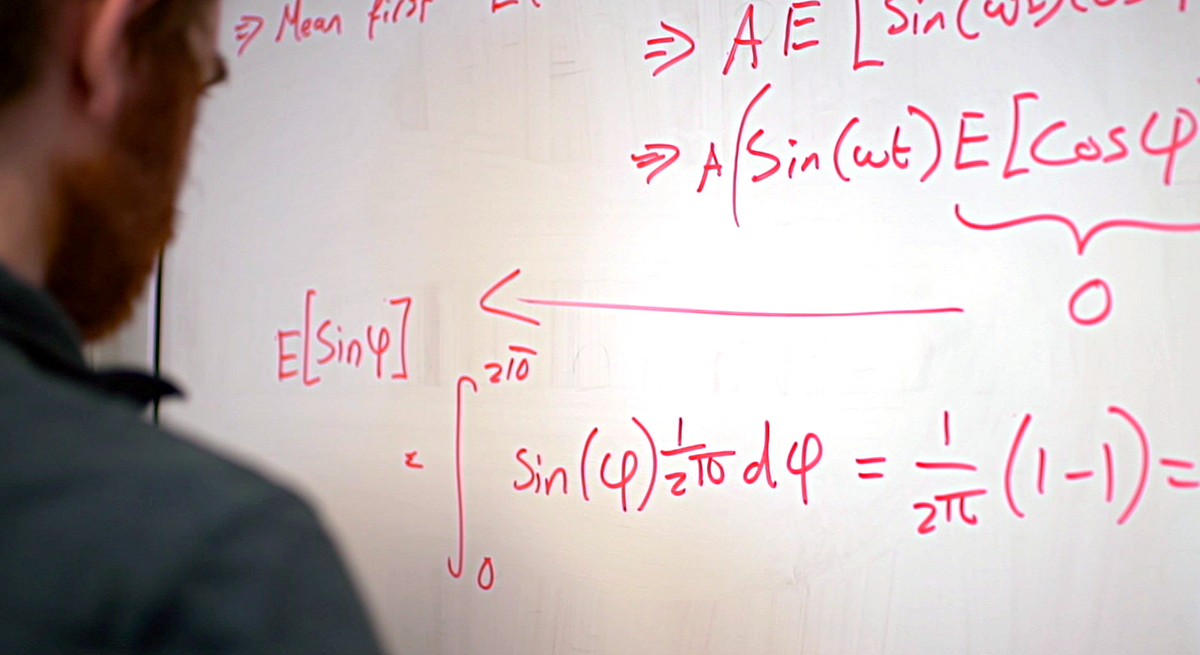
Michał Mika, CME student (2018)
"Besides my interest in advanced mechanics and the computational approaches, I decided upon the master’s degree programme in Computational Methods in Engineering at the Leibniz University Hannover because of the right balance between university and everyday life."
-
read more about Michał's experience
Computational Methods in Engineering is an international master’s degree programme with students from all around the world. The engineering courses are mainly in English. It’s also possible to take one or two soft-skill courses and choose from a variety of different language courses, if languages are what you like. The lectures on advanced methods in mechanics are strongly project-based, so you get the hands-on experience by programming and implementing the methods you learn in the courses, like non-linear finite element methods or stochastic approaches in engineering, which are currently of high interest at the institutes involved in the master’s degree programme. The emphasis on the mathematics behind methods we implement helps us to understand the inner working and the limitations of the methods we use, while simultaneously providing us with the tools and expertise for a competent application in the upcoming industry.
Besides my interest in advanced mechanics and the computational approaches, I decided upon the master’s degree programme in Computational Methods in Engineering at the Leibniz University Hannover because of the right balance between university and everyday life. Compared to other cities like Aachen or Göttingen that are known for their universities, our city is not overrun with students and is certainly not solely focused around the university life. Thanks to that, Hanover does not become dead on the weekends and holidays, when most of the students visit their friends and families elsewhere. Moreover, Hanover is a medium-sized city with lots of parks and nature in close proximity. Take that into account and you’ll get all the perks of big cities, like a proper choice of shops, cafés, bars and restaurants, along with a nice environment for studies with all the options for necessary breaks in between.
Which job opportunities do I have?
With your interdisciplinary skills, as a graduate with a master’s degree in Computational Methods in Engineering you are considered versatile.
You can hold managerial positions in
- construction companies
- geotechnical engineering offices
- in the calculation departments of the automotive supply industry
- in mechanical engineering
- in research and development departments of electrical engineering and IT firms
- in biomedical engineering
Job portraits
M.Sc. Mona Madlen Dannert, Scientific Assistant
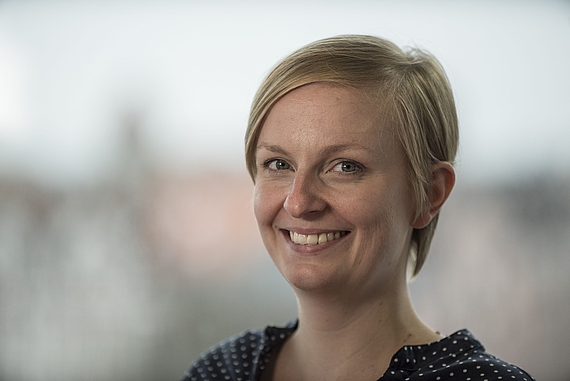
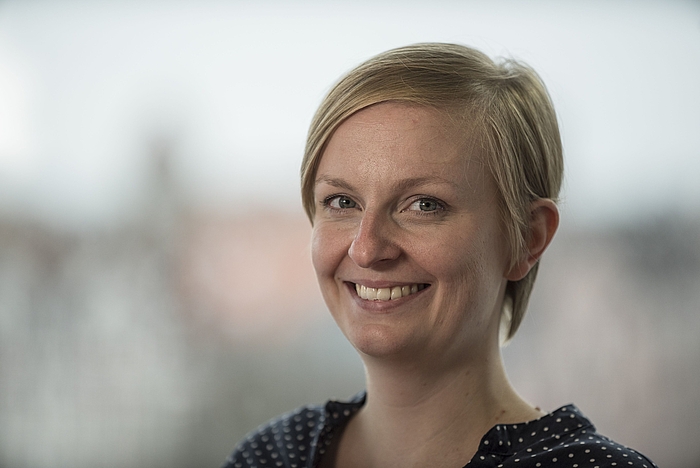
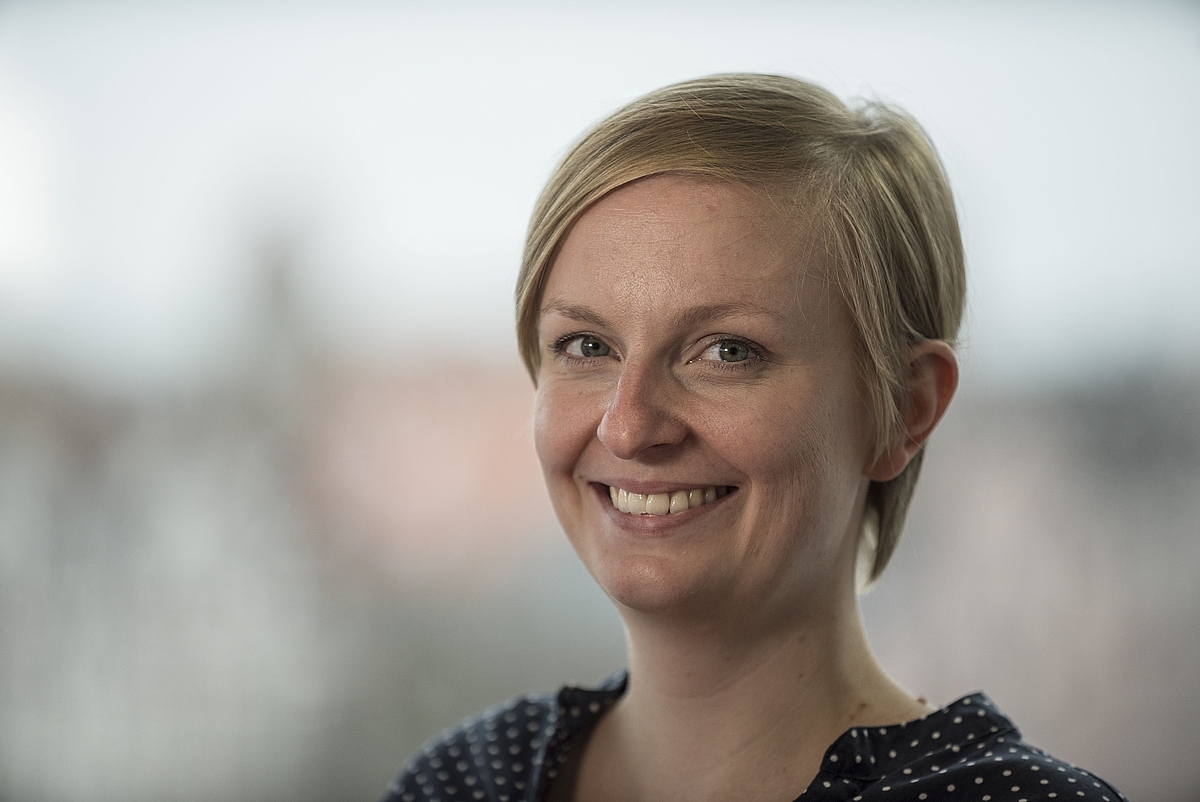
"...I enjoy a regular scientific exchange with other PhD students from multiple universities in Germany..."
-
read more
![]()
![]()
![]()
Having discovered my enthusiasm for mechanics during my Bachelor studies in "Civil and Environmental Engineering", I decided to do my Master studies in "Computational Engineering". This way I was able to focus on the mathematical and mechanical background of computational simulations in engineering application.
In 2016 I graduated and started as a scientific assistant at the "Institute of Mechanics and Computational Mechanics"(IBNM), Leibniz University Hannover, with the aim to gain my PhD. After being mainly involved in teaching duties during my first year at IBNM, I am now able to deepen my research topic in the field of stochastic finite element methods. As a member of the research programme "SPP1886: Polymorphic Uncertainty Modelling for the Numerical Design of Structures", I enjoy a regular scientific exchange with other PhD students from multiple universities in Germany, who work in similar fields of research.
In future, I may work at industrial research departments or at university.
M. Sc. Matthias Prues, Engineer at AVL Group
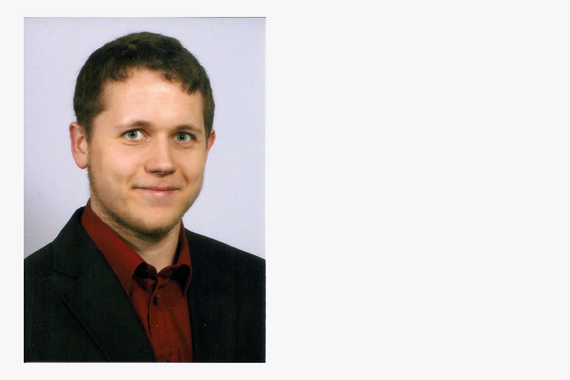

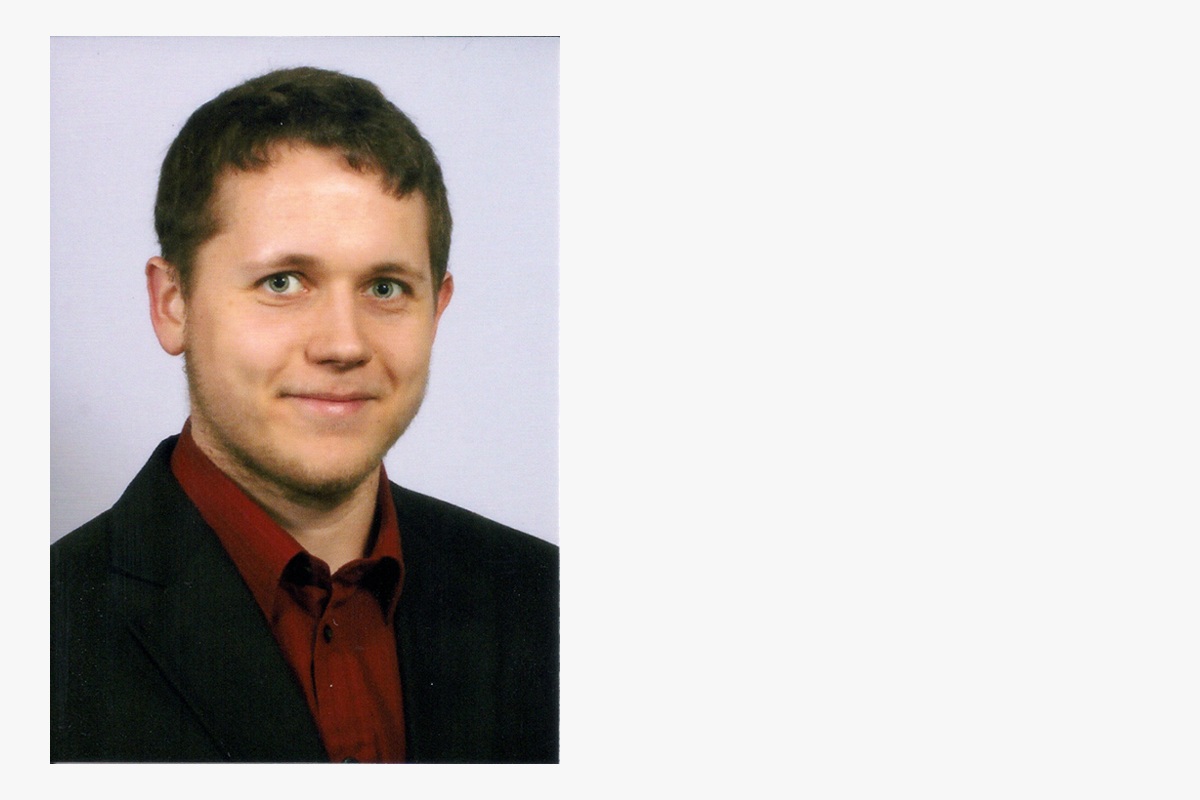
"Now I am working at different projects in structural mechanics with the FEM for mainly turbocharger and motorparts for different customers..."
-
read more
![]()
![]()
![]()
I decided to study "Computational Methods in Engineering" because of its diversity of topics. The programme had the best mix of study modules with the aim to combine them and to learn a new calculation method with the finite element method (FEM). The master studies gave me the best possibility to add extracurricular studies like language courses (Spanish and Chinese), Network Management or Robotics.
After my master’s thesis in 2016 about stair-climbing robot-systems, I travelled for four months and then started a job at AVL Schrick GmbH in Rüsselsheim, which is a part of the AVL Group. Starting as a resident engineer, I was mainly involved in projects in Control Unit Testing (HiL). After a few months I changed my field of activity at AVL to calculation engineering. Now I am working at different projects in structural mechanics with the FEM for mainly turbocharger and motorparts for different customers e.g. original equipment manufacturers (OEMs) or suppliers.
Application and Start of your studies
Application Deadlines:
EU Applicants:
- 15th July for the following winter semester
- 15th January for the following summer semester
Non-EU applicants
- 31st May for the following winter semester
- 30th November for the following summer semester
Coming to Hannover - first steps
Learning German in Hannover
At Leibniz University Hannover you will find courses in both everyday and academic language which will help you improve your competences in German.
Your Contact
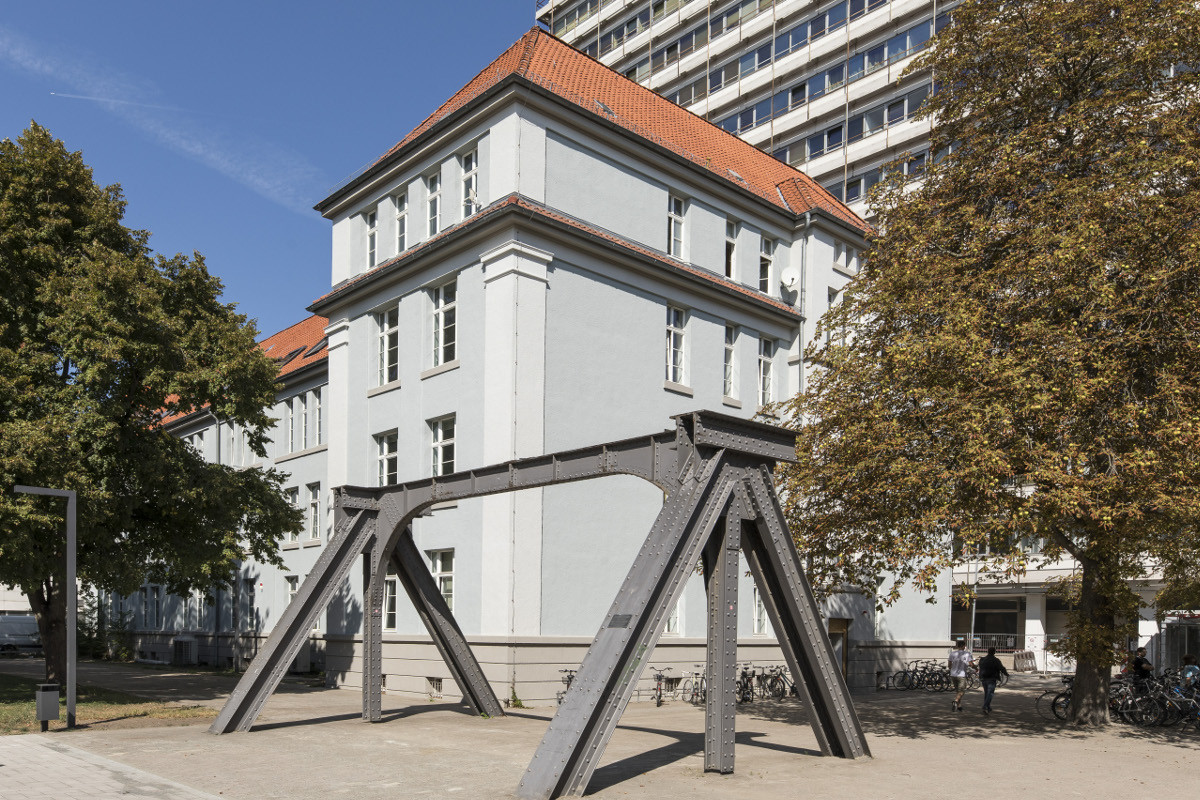
 ©
FBG/C.Bierwagen
©
FBG/C.Bierwagen
30167 Hannover

 ©
FBG/C.Bierwagen
©
FBG/C.Bierwagen
30167 Hannover




